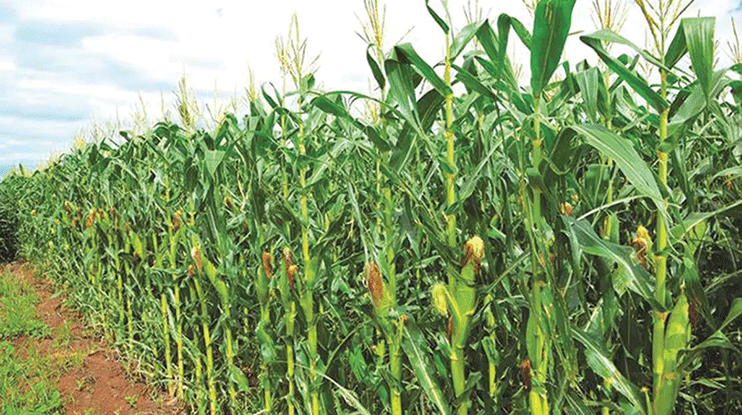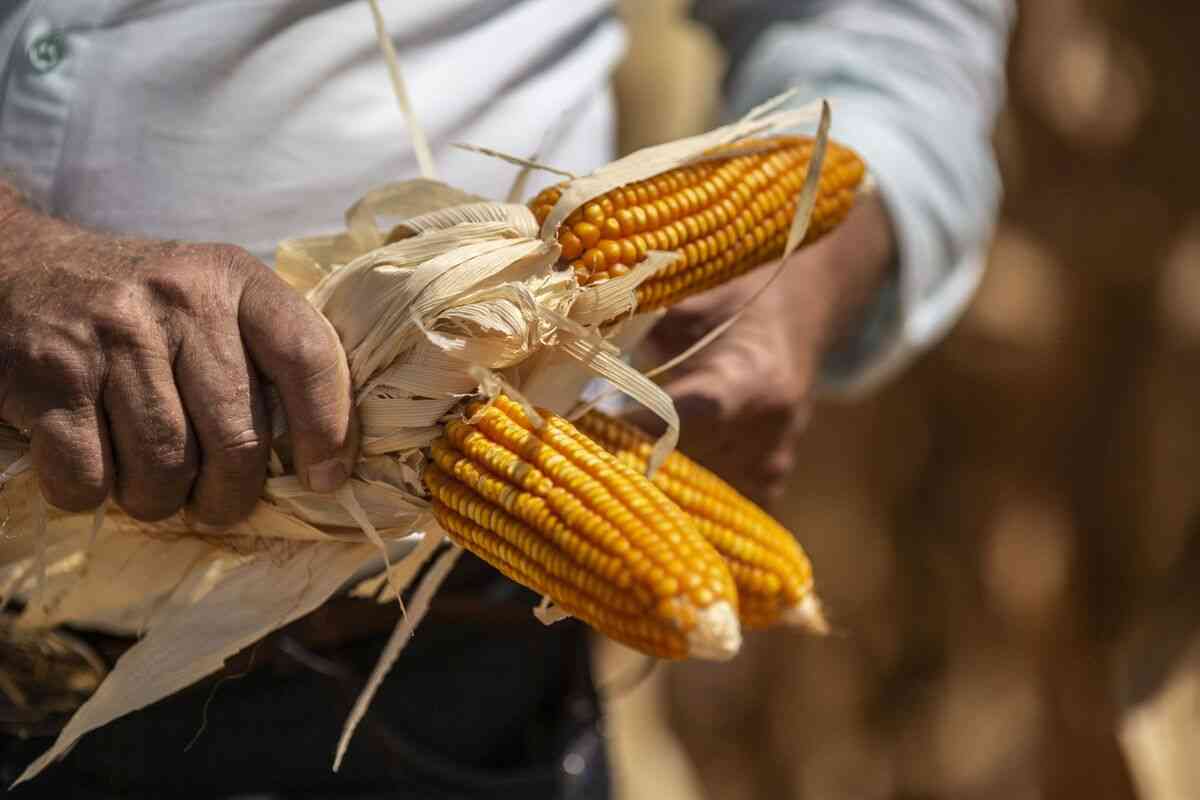
BY TANYARADZWA NHARI VICTORIA Falls Stock Exchange-listed seed technology outfit Seed Co International, says it will be ramping up operations to satisfy steeper regional demand for seed, as governments move to bolster stocks.
Regional markets are battling to forestall mounting food deficits following a series of poor rainfall seasons, which were in 2020 compounded by pandemic induced supply shocks.
COVID-19-induced headwinds have generally been fizzling out.
But global supply chains have been further hurt by a bloody conflict between Russia and Ukraine, which has locked international freightliners in harbours and fuel price hikes.
Huge volumes of inputs have either been locked up or are moving at a much slower pace, posing food security fears in the region.
In Zimbabwe, the International Monetary Fund estimates that at least five million people face starvation.
Warning signs of difficult times ahead emerged during 2021/2022 season after a poor rainfall season marked by droughts and floods across African markets. These developments have been blamed on climate change.
Zimbabwe’s largest seed producer says terrified governments are likely to respond by pouring fresh resources into their agricultural sectors, unlocking opportunities for growth.
- Chamisa under fire over US$120K donation
- Mavhunga puts DeMbare into Chibuku quarterfinals
- Pension funds bet on Cabora Bassa oilfields
- Councils defy govt fire tender directive
Keep Reading
In a statement accompanying financial statements for the year ended March 31, 2022, the group, which also trades its stock on the Botswana Stock Exchange, said along with a poor rainfall, operations were held back by reduced government spending in Malawi and sharp hikes in fertiliser production.
“Global supply shocks and imported inflation (are) expected to impact the cost of doing business and compound the effects of climate change in Africa,” the firm said.
“Regional food security will, however, remain top on the agenda to mitigate global supply shocks, and the group will step up its operations to satisfy the anticipated increase in demand for seed in regional markets,” noted Seed Co.
The group, whose origins are in Zimbabwe has in the past few years executed aggressive forays across African markets where in has established a footprint from Zambia to the Democratic Republic of Congo and Mozambique, South African and Angola in the Southern African Development Community.
Seed Co products are also on the market in Tanzania and Kenya in East Africa, along with Rwanda in central Africa.
Seed Co also has a presence in several other African markets, giving it capacity to understand the region’s food requirements.
“The financial year under review was marked by the adverse effects of climate change (late and erratic rains with incidences of drought and flooding) that was at variance with normal to above normal rainfall forecasts,” the group said.
“The COVID-19 pandemic, souring fertiliser prices and currency fluctuations added to make the financial year challenging. Resultantly, the group’s performance was negatively impacted. Revenue was flat, albeit on reduced sales volume, helped mainly by the strengthening of the Zambian Kwacha against the United States dollar and business growth in Mozambique. Volume uptake was impacted by bad weather and reduced government t subsidy support in Malawi,” Seed Co added.
Profit slowed to US$7,1 million during the review period, compared to US$11,1 million during the prior comparable period.
Revenue was flat at US$88,5 million.
- Follow us on Twitter@NewsDayZimbabwe











